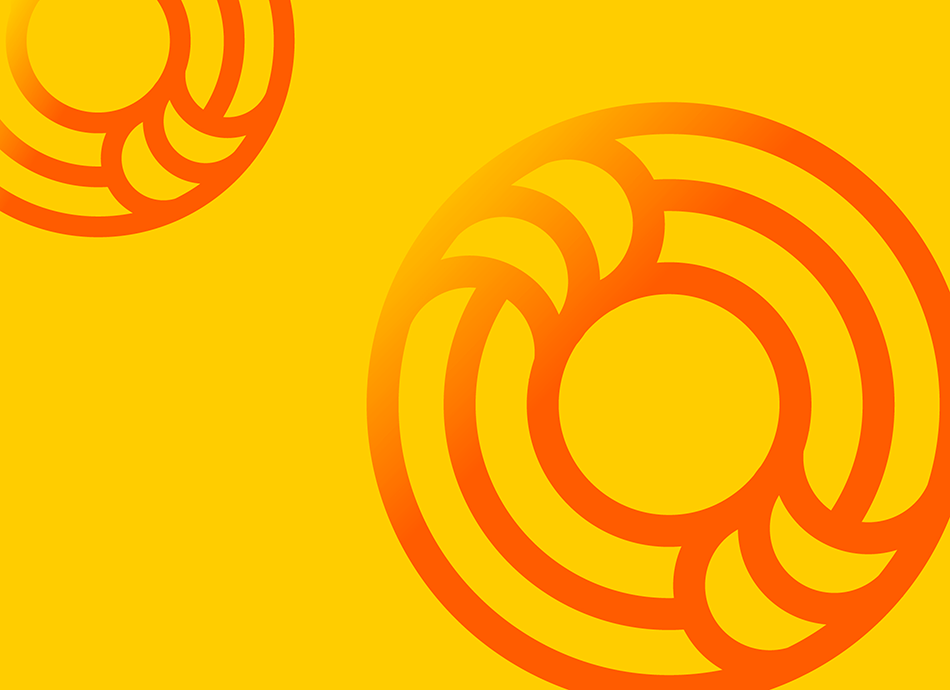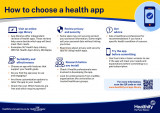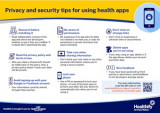Wishing everyone a safe and happy Christmas and New Year – Meri Kirihimete from the Healthify team.
Heart rate apps
Heart rate apps
-
Don’t rely on your smartphone to track your heart rate - many heart rate apps have not been tested and validated so their accuracy is questionable.

Increasingly there are a number of apps that measure your heart rate and rhythm. People often use these apps when exercising to assess their fitness and intensity of their exercise regimen. They are also sometimes used for people with a condition called atrial fibrillation. However, to date, no studies explicitly or directly recommend the use of heart rate apps.
| Be aware - use heart rate apps with caution | |

|
Use these apps with caution. The accuracy of many of these apps are questionable as they have not been tested and validated for accuracy. There is no law requiring validation of these apps and therefore no way for consumers to know if the results are accurate. |
How do heart rate apps work?
Apps that measure your heart rate generally use one of three methods:
- touching your fingertip to the phone's built-in camera (called contact photoplethysmography)
- holding a camera in front of your face (non-contact photoplethysmography)
- linking to a specific external device.
Are heart rate apps accurate — what is the evidence?
To date, no studies explicitly or directly recommend the use of heart rate apps. The following is a summary of recent studies assessing heart rate apps.
| Summary of recent studies | |
|
Li et al.(2019) conducted a review to explore the current state of mobile phone apps in assessing heart rate and rhythm. |
|
|
Pipitprapat et al. (2018) compared 3 heart rate monitoring apps with simultaneous standard ECG monitoring in adult patients at a critical care unit. The apps assessed were Instant HR, Cardiio: HR Monitor and Runtastic HR Monitor. |
|
|
JanBouts et al. (2018) compared iOS-based smartphone heart rate apps, Runtastic Heart Rate Monitor and Pulse Tracker PRO by Runtastic (Runtastic) and Instant Heart Rate+: Heart Rate and Pulse Monitor by Azumio (Instant Heart Rate), when compared to the standard ECG and a Polar® T31 uncoded heart rate monitor, at varying exercise intensities. |
|
|
Coppetti et al. (2017) tested the accuracy of four commercially available heart rate apps (randomly selected) using two phones, the iPhone 4 and iPhone 5 . |
Does it matter that heart rate apps are not accurate?
Many heart rate apps have not been tested and validated so their accuracy is questionable. For most people, inaccuracies in heart rate measurements are not a big deal, but for elite athletes and people with heart problems who need to keep their heart rate within a certain range, these apps should only be used with caution.
However, some of the apps can be useful and appropriate for patients with atrial fibrillation. If this is you, then please discuss this with your cardiologist or GP before using one of them. For most patients with atrial fibrillation, routine monitoring of the heart rhythm is not required once you have been stabilised on medication.
Tips when using a heart rate app
If you do decide to use a heart rate app, follow these tips:
Do (✔)
- Talk with your doctor about whether it is necessary for you to measure your heart rate regularly. Heart rate is only one part of the puzzle of total heart health and fitness.
- If you have atrial fibrillation and your doctor is having difficulty stabilising you on medication, discuss with them whether an atrial fibrillation monitoring app might be appropriate.
- Talk to your doctor if you think you detect:
- a very low pulse rate (under 60, or under 40-50 if you’re very active) at rest
- a very high pulse rate (over 100) at rest
- an irregular pulse.
Don’t (✘)
- Don't rely on apps that measure your heart rate as an indicator of your heart health.
- Don't make changes to your heart medication based on the heart rate readings from the app.
Other ways to measure heart rate
| Ways to measure heart rate | Description |
|
Measuring your pulse |
Your pulse is the impulse that is generated with each heartbeat. It can be felt at various locations on your body such as your wrist and neck. In most cases your heart rate (each actual beat of your heart) will correlate very well with your pulse rate (for example each beat felt at your wrist). Therefore, most of the time your pulse rate is used as a substitute to check your heart rate. Learn more about how to check your pulse and heart rate. |
|
Electrocardiogram (ECG) |
The most accurate method for assessing actual heart rate is by having an electrocardiogram (ECG). In this painless test, wires are placed on your chest and a machine measures the electrical activity of your heart. It is typically used to assess for and diagnose different sorts of heart problems. |
References
- Consumers warned about accuracy of heart rate apps(external link) European Society of Cardiology, 2017
- Coppetti T, Brauchlin A, Muggler S, et al. Accuracy of smartphone apps for heart rate measurement(external link). Eur J Prev Cardiol. 2017 Aug;24(12):1287-1293.
- Consumers warned about accuracy of heart rate apps(external link) Science Daily, 2017
- Vandenberk T, Stans J, Mortelmans C, et al. Clinical validation of heart rate apps: mixed-methods evaluation study.(external link) JMIR Mhealth Uhealth. 2017 Aug 25;5(8):e129.
- Parpinel M, Scherling L, Lazzer S, Della Mea V. Reliability of heart rate mobile apps in young healthy adults: exploratory study and research directions.(external link) J Innov Health Inform. 2017 Jun 30;24(2):921.
|
Disclaimer: The NZ Health App Library is a free consumer service to help you decide whether a health app would be suitable for you. Our review process is independent. We have no relationship with the app developers or companies and no responsibility for the service they provide. This means that if you have an issue with one of the apps we have reviewed, you will need to contact the app developer or company directly. |
Factsheets – using health apps safely

How to choose a health app
Healthify He Puna Waiora, NZ

Privacy and security tips for using health apps
Healthify He Puna Waiora, NZ
Last reviewed:
Page last updated:


